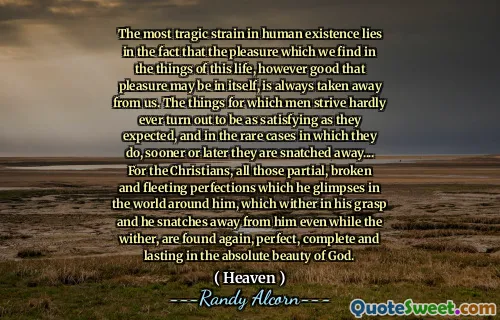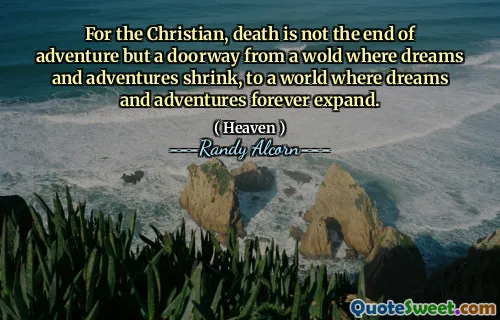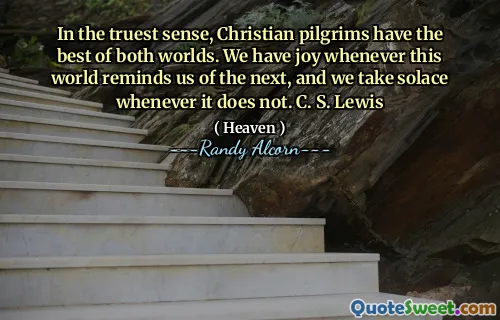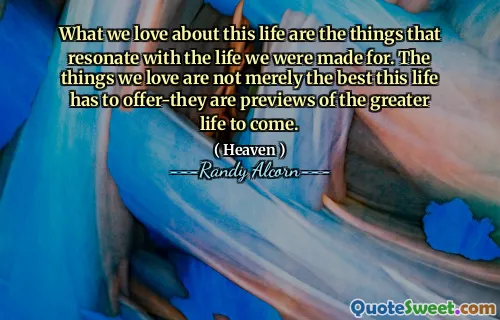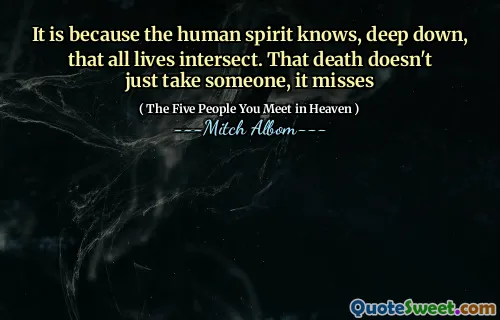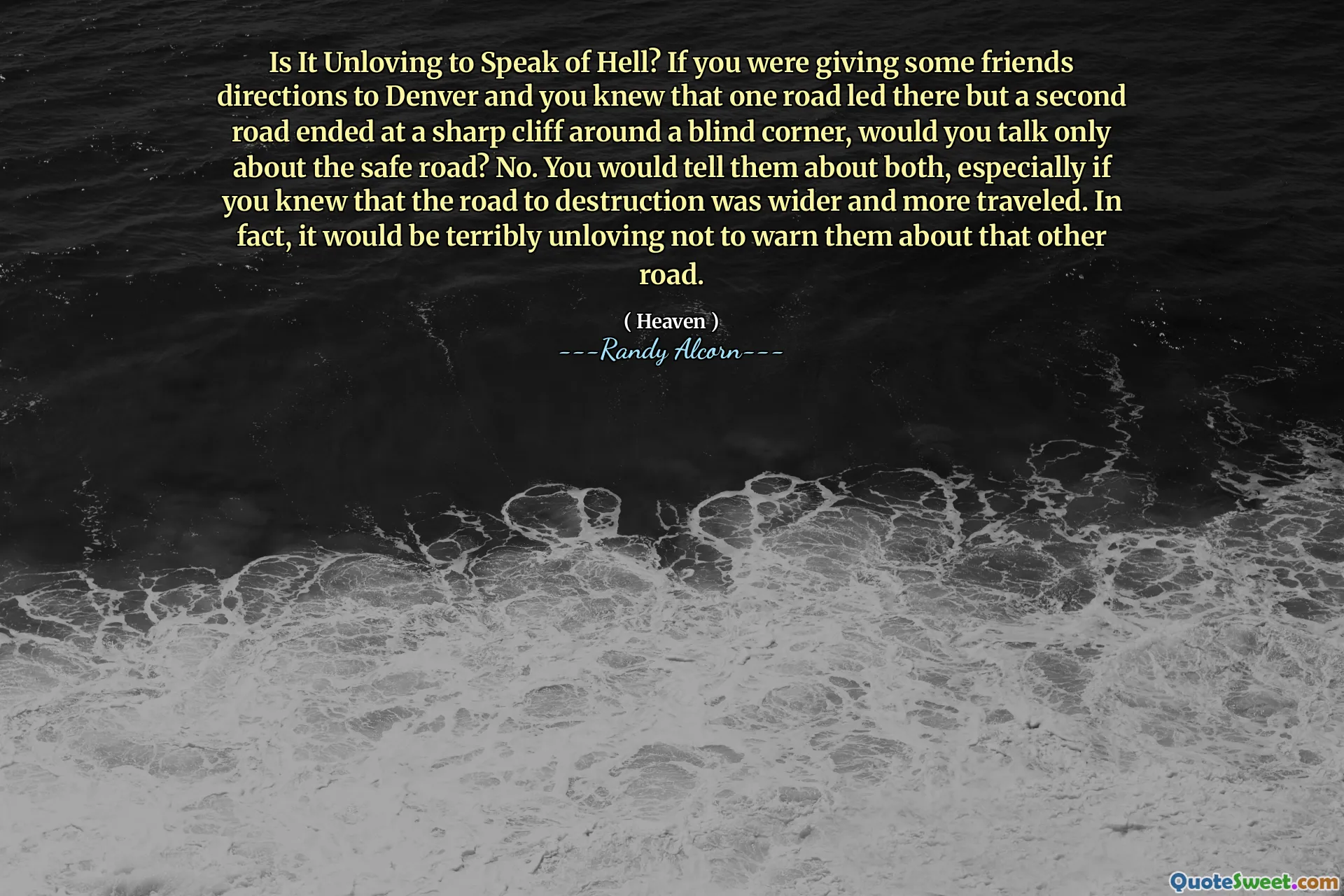
谈论地狱是不喜欢的吗?如果您向丹佛提供了一些朋友的指示,并且知道一条路驶过那里,但是第二条道路在盲人角落的尖锐悬崖上结束,您只谈论安全道路吗?不。您会告诉他们两者,尤其是如果您知道毁灭之路更宽,并且旅行更多。实际上,不要警告他们这条道路并不是很不奇怪。
(Is It Unloving to Speak of Hell? If you were giving some friends directions to Denver and you knew that one road led there but a second road ended at a sharp cliff around a blind corner, would you talk only about the safe road? No. You would tell them about both, especially if you knew that the road to destruction was wider and more traveled. In fact, it would be terribly unloving not to warn them about that other road.)
在兰迪·阿尔科恩(Randy Alcorn)的书《天堂》中,讨论地狱的概念被构成了一种爱与诚实的行为。他将局势比作引导朋友到丹佛的,一条路线是安全的,另一条路线会导致危险的悬崖。如果一个人知道危险的道路更受欢迎,那么未提及它将被认为是不友善的。这意味着分享地狱的真理在保护他人免受精神破坏,对自己的幸福感与不舒服的真理的启示保持一致的关注方面有更大的目的。
这个类比强调了向他人介绍其选择后果的责任。通过强调这两条道路,人们通过提供明智的决策所需的基本信息来展示爱。因此,讨论地狱的存在不仅是关于判断的,而是对那些可能在不知不觉中朝着危险的人表示同情和关心的表达。

